The holidays for me are often stressful rather than a time of joy and relaxation. And so much of that stress is self-imposed—I rush around trying to decorate, bake, and buy the perfect gifts for family and friends. My Christmas “to-do” list is several pages long, and I admittedly get a brief dopamine hit checking things off. And while all this makes me feel good for a while, it doesn’t improve my overall happiness or emotional health. Nor does it make me an easier person to live with. Just ask my husband.
Hence, my New Year’s Resolutions for 2024 are to slow down, practice daily micro acts of joy, and cultivate greater gratitude for my everyday blessings. Numerous studies have shown that doing so will improve mental and physical health, personal relationships, optimism, and resilience. It sounds easy in theory but can be a challenge to someone who is more task-oriented and future-oriented than reflective and “present.”
Cultivating Gratitude: You probably have heard about developing a daily gratitude list or journal, something I tried in the past but didn’t keep up. The truth is, I lacked imagination and overlooked some everyday things I am blessed with but take for granted. This struck home to me recently when a retired pastor I know posted on Facebook how she was due to have a knee replacement the next day. The post was not a call for sympathy but a touching tribute to her knees, who “suffered scrapes, scabs, and bandages” throughout her childhood and “somehow survived and supported her work and play for seven decades.” She even conducted a “farewell tour” by putting the knee through numerous steps on a recent European visit and, the day before surgery, a final bike ride throughout her neighborhood. “The new one,” she wrote, “will have a hard act to follow, but I’m grateful to welcome it to my world.” Let me tell you, her post gave me a whole new appreciation for my own arthritic knees and other ailing body parts!
Micro-Acts of Joy: Back in 2022, Dr. Emiliana Simon-Thomas, a psychologist at the University of California, Berkeley, launched the BIG JOY Project, which aims to identify simple, actionable ways to bring more sustainable joy into one’s life. The basic premise is that you can generate joy through micro acts of kindness or reflection rather than waiting for joyful moments to happen. “Joy,” she says, paraphrasing the Dalai Lama and Archbishop Desmond Tutu, “is an inside-out job that begins within us when we choose to do even a tiny action…of joy.”
The researchers already have 70,000 participants from more than 200 countries, and an analysis released last month claimed that people who committed “micro-acts of joy” experienced about a 25% increase in emotional well-being over a week. So, what are examples of such micro-acts? You may have heard about people picking up the tab for the person behind them in Starbucks or the grocery store. Or you could cook for or stop in to visit a sick neighbor.
But micro-acts don’t have to cost money or even time. It can be as simple as an uplifting comment to a stranger. For instance, a week ago at Harris Teeter, I complimented the cashier at Harris Teeter on her hair color and style. She immediately perked up and told me how pleased that made her feel. We joked a little about women our age feeling “invisible” and how a good hair stylist can put us back on the map. Walking out, I also felt more upbeat from the encounter.
When my husband and I vacationed in Oregon this past August, we stayed a night at Crater Lake Lodge. The dining staff was running ragged, and as a guest near our table got up to leave, he made a special detour to thank the waitress who had served his family. “I can see how hard you are working, and I just want you to know how much we appreciated our meal tonight.” I don’t know if he also left a nice tip, but I can attest that the waitress moved with a bit more bounce in her step afterward!
Another cost-free micro-act might be taking time to identify the silver lining in a bad situation, something psychologists call “positive reframing.” This past year, a friend of mine was suffering from fatigue and abdominal pain. An MRI could not identify the source of that ailment, but it did uncover a small carcinoma on her lung. While no one wants to get a cancer diagnosis, the accidental discovery and subsequent surgery probably added years to her life—a small silver lining in an otherwise bad situation.
What might be some other micro-acts of joy? According to the researchers, everyone’s happiness scale will be a little different, and studies are only beginning to show which activities work best for most people. But in general, they say, happiness tends to be contingent on how generous and invested we are in common humanity. So, for my New Year’s Resolution, I plan to be more intentional this year about cultivating gratitude for simple blessings and carrying out small acts of joy for others. I’ll let you know how it turns out. Or perhaps my husband should let you know if it worked!
How about you? Do any of the below sound doable? Take a pick from below or come up with some ideas of your own:
- Compliment someone you see today.
- Bake a treat for a friend or coworker.
- Let someone skip ahead of you in the checkout line.
- Email an underappreciated friend an encouraging note.
- Call a parent or sibling just to talk.
- Offer to pet or babysit for a friend.
- Leave spare change at the laundromat.
- Dig a flower or vegetable garden.
- Pick up litter along the road.
- Try to learn others’ names.
- Pick up a friend for church or temple.
- Just be present and listen.
Note: The authors of the Big Joy Project point out that micro-acts are not a replacement for therapy or medications used for serious mental health challenges, including depression. They are also not likely to help someone whose basic needs (food, shelter, etc.) are not first met.


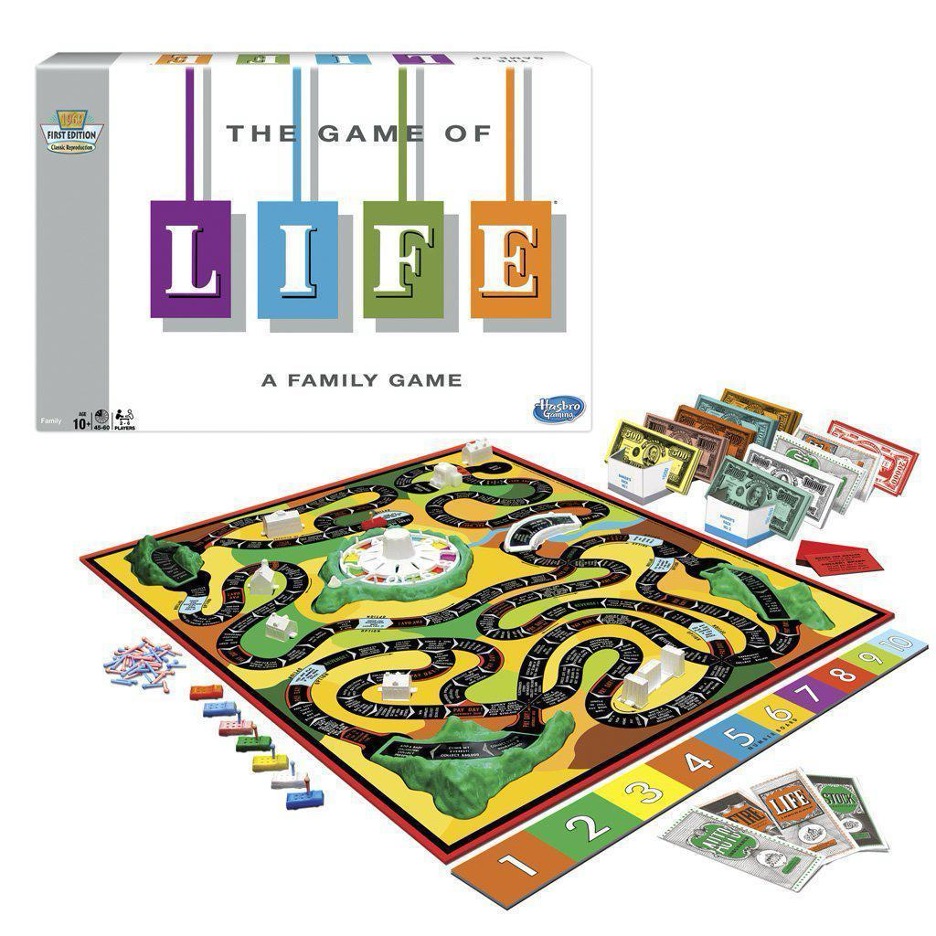

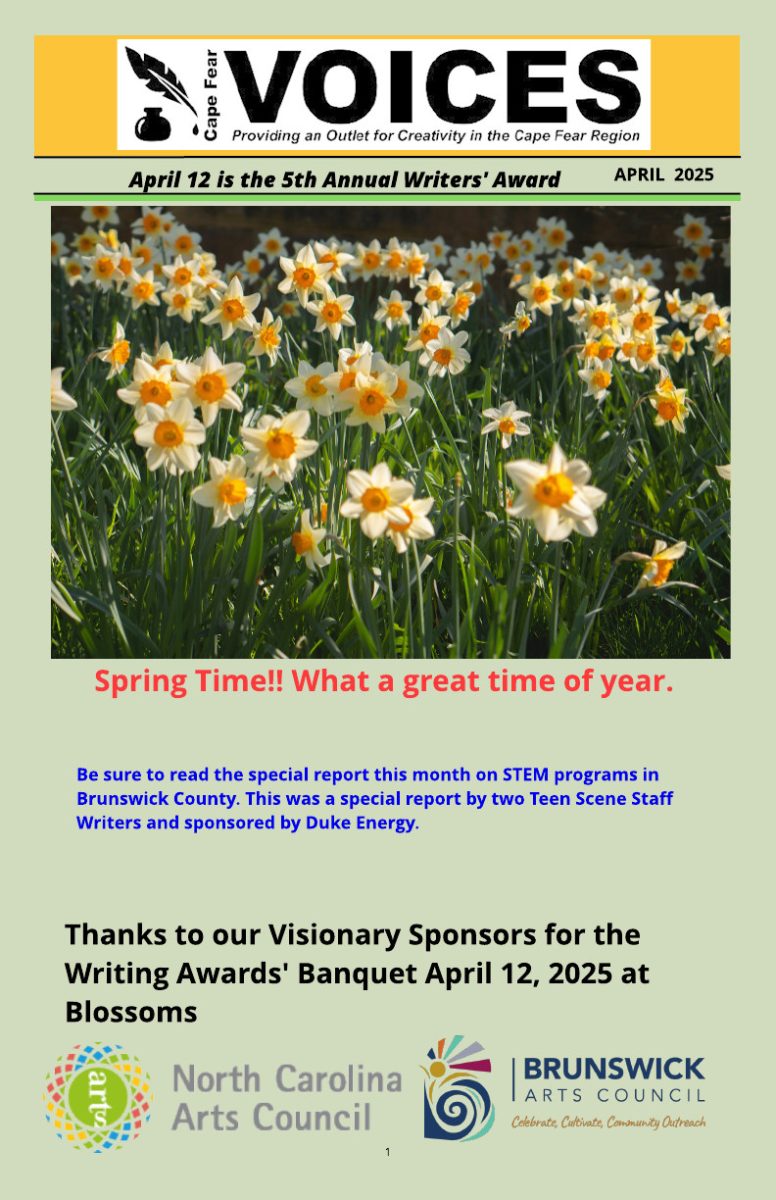


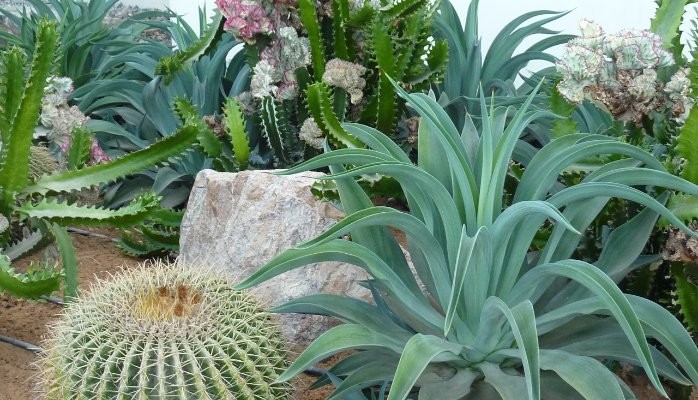






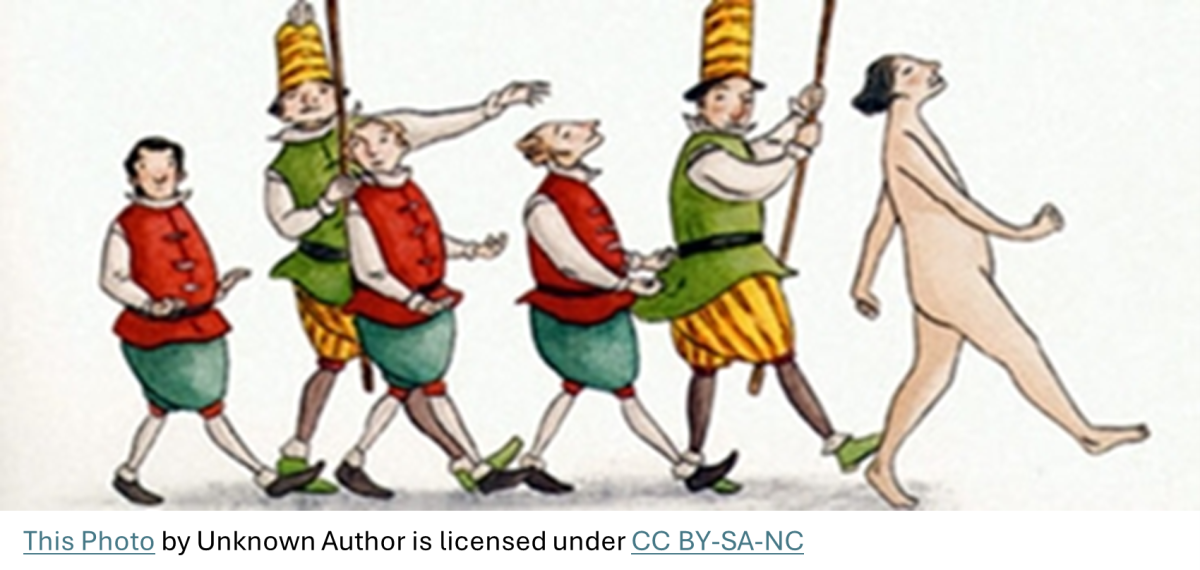

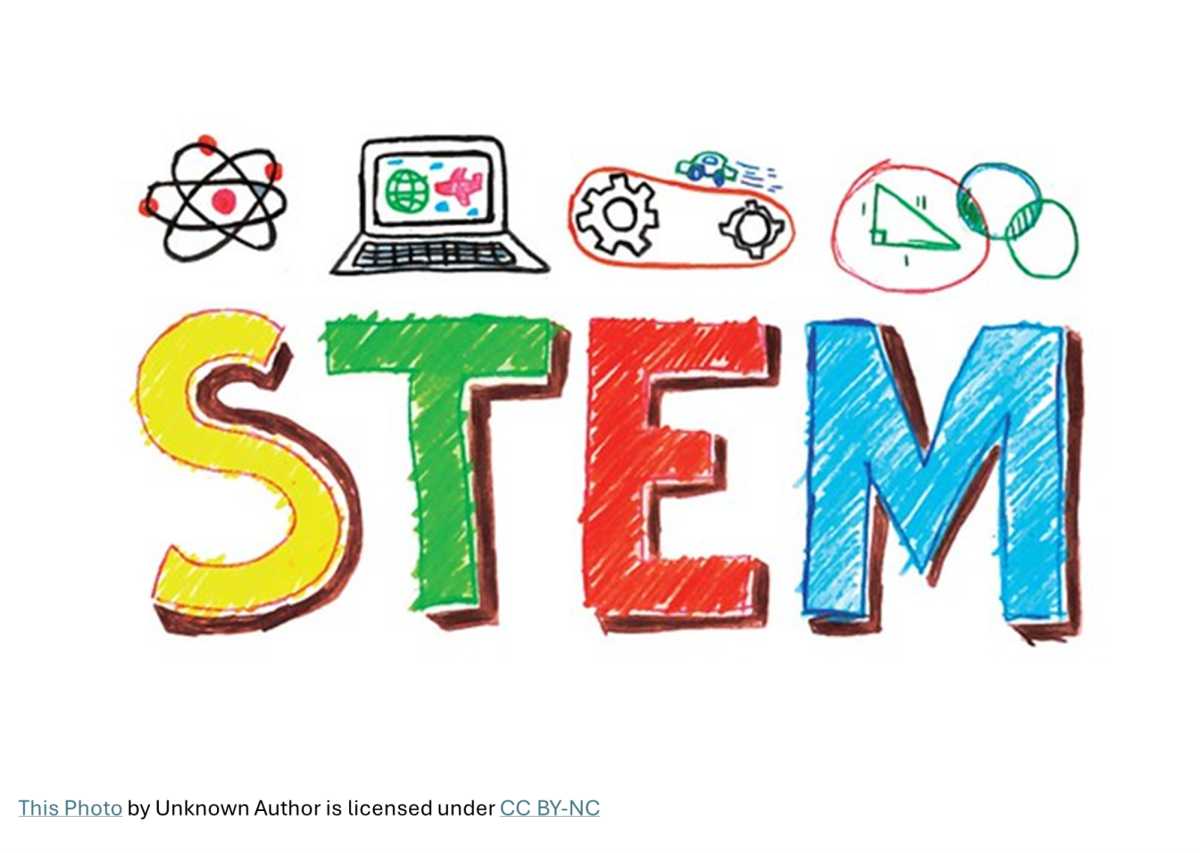

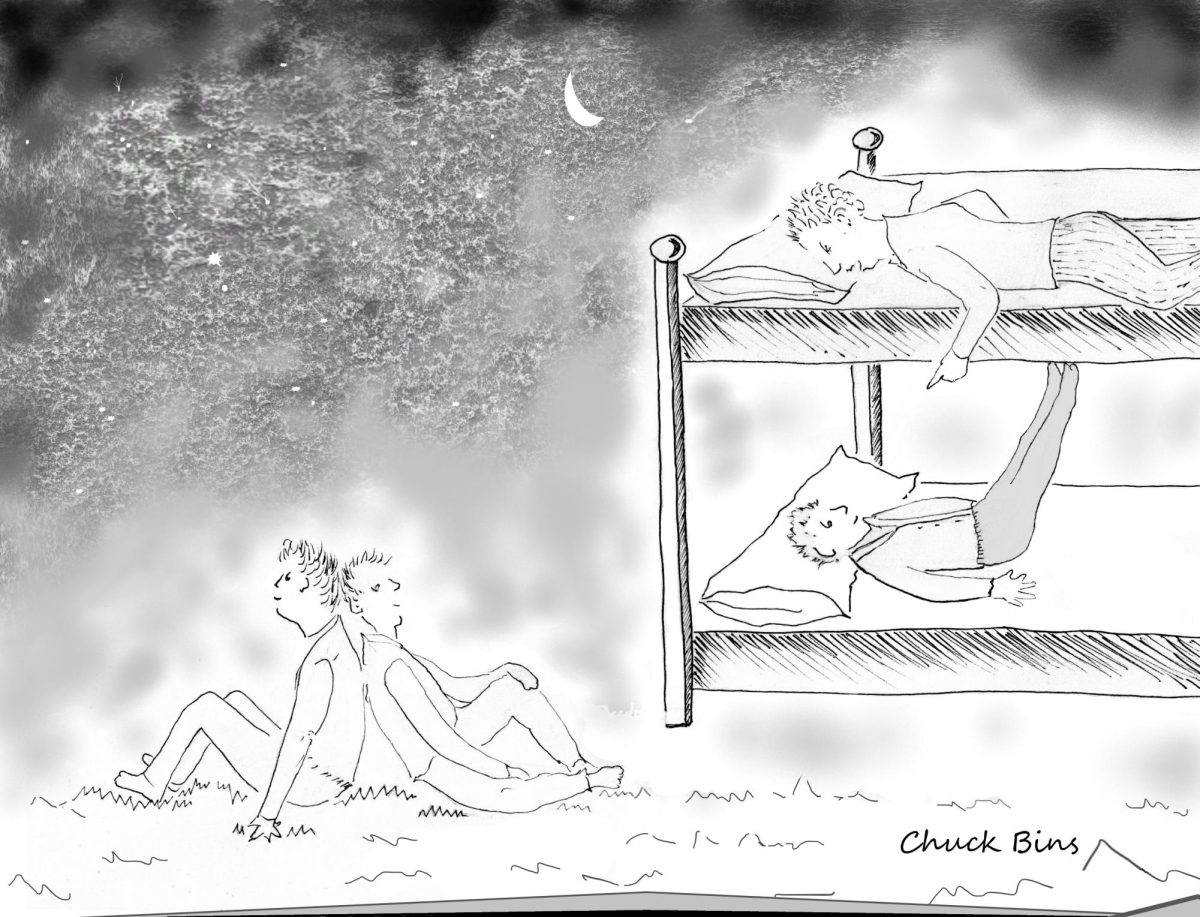

Sadie Campbell • Nov 2, 2024 at 9:00 am
What a beautifully crafted story; it was a most enjoyable read. Each paragraph seamlessly glided into the next without any “awkward pauses.” Sadie